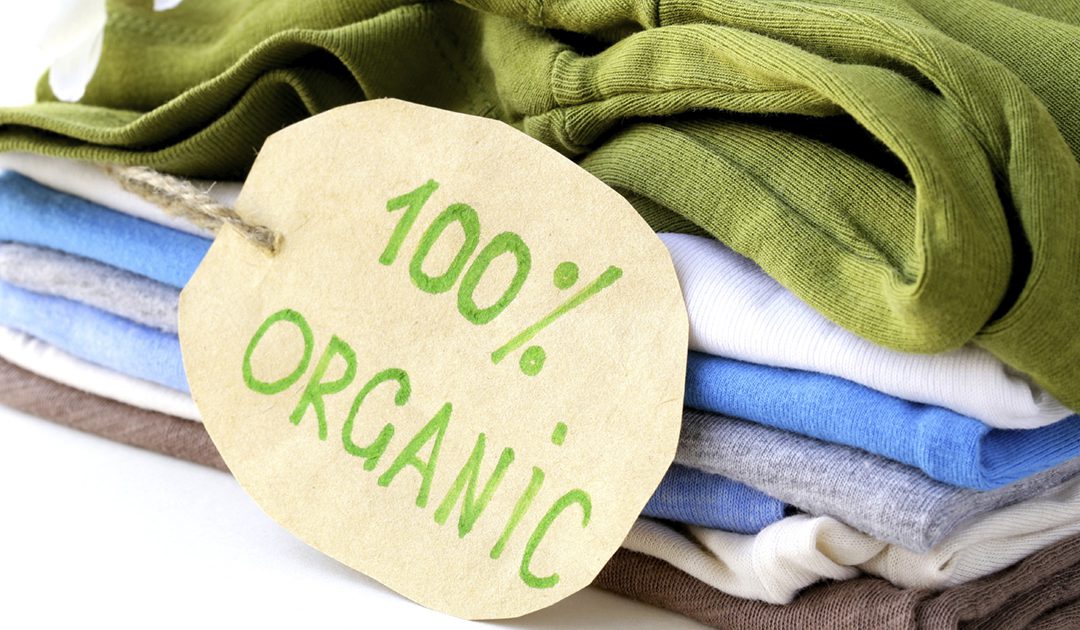Sustainability is most important for modern fashion business owners. All buyers want to know that their garments are manufactured ethically and without compromising the health of workers. That is why sustainable practices are important for manufacturers, designers, retailers, and the entire world else in your fashion industry.
Throughout this Organic & More, we will help you understand the value of sustainable clothing manufacturers, and the steps you need to take to lead a sustainable fashion industry. We will also go through how you can integrate sustainability into your business, and what practices should be followed to make a sustainable supply chain from scratch.
This complete resource is perfect for anyone looking for sustainable apparel manufacturers, and how to execute sustainable practices in their own business.
What Is Sustainable Clothing Manufacturing?
Sustainable clothing manufacturing is a modern form of apparel making that’s goal is to be helpful to both the humanity and environment. Ever since buyer demand for greener fashion has increased to reduce the shocking carbon footprint of the garment industry, slowly but more sustainable practices are becoming the norm in clothing manufacturing.
For good example, selecting to work with manufacturers that provide safe working environments for their workers is one way you can ensure sustainable practices in your supply chain. Along with this, if you’re hoping to sell organic clothes then opting to use organic cotton and preventing harsh chemicals or dyes would be good steps to take.
Why Is Sustainable Manufacturing Significant In 2022?
The garment industry has constantly been at the forefront of innovation and change, so it’s only apt that the apparel manufacturing industry follows suit. The explosive growth of the garment industry has resulted in huge emissions and water pollution. The growing demand for clothing, combined with declining natural resources is most important to a crisis on earth.
Happily, many brands are taking notice of this pressing issue and changing their practices accordingly. Many brands have started sustainable textile production programmes designed at reducing their carbon footprint and water usage.
When brands start to integrate sustainable practices into their production, they automatically become more socially responsible and aware. By also offering better working conditions and paying workers a good wage, the manufacturers stand to attract and retain talent, improving productivity and reduction turnover rates at the factories.



Recent Comments